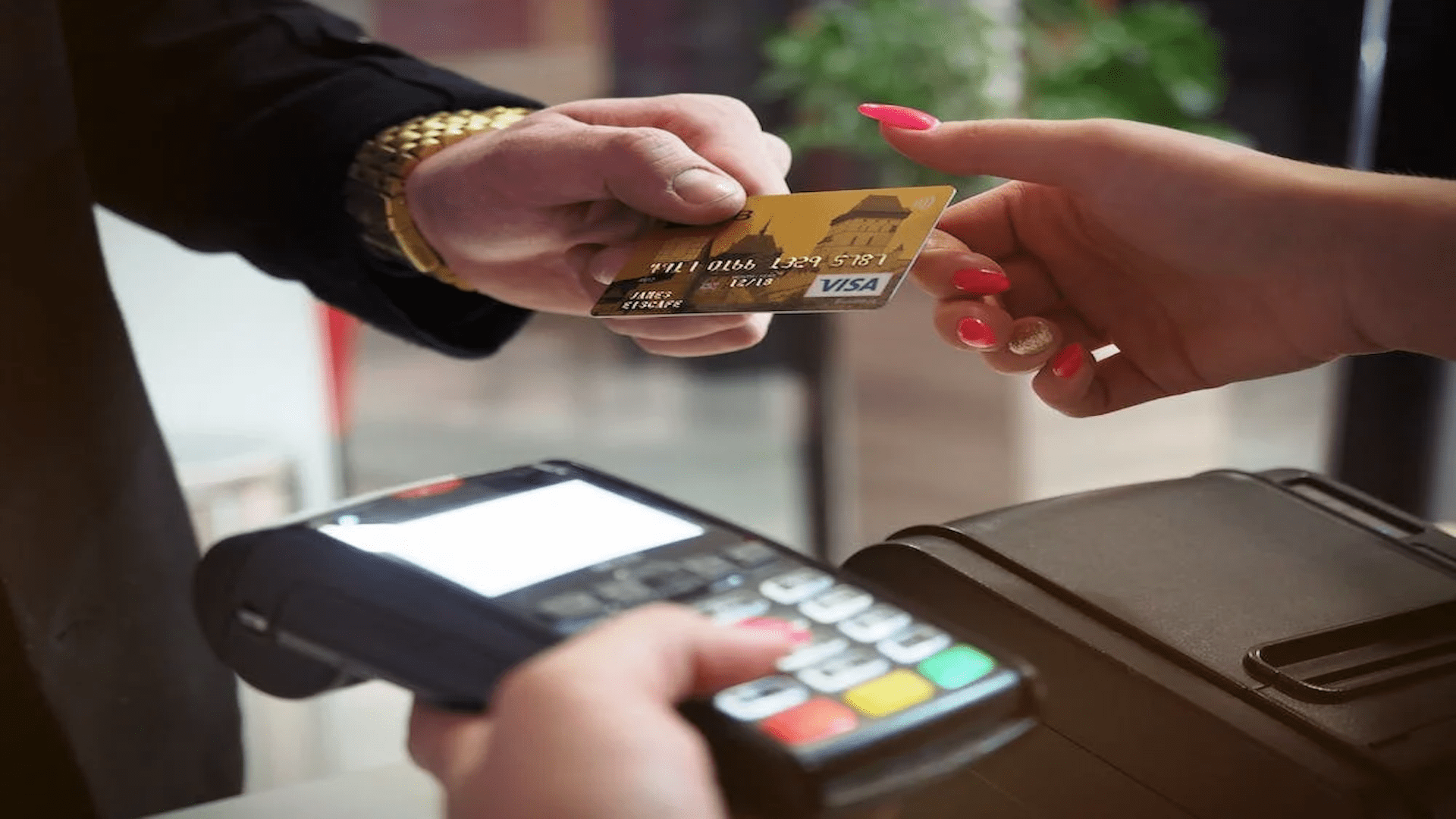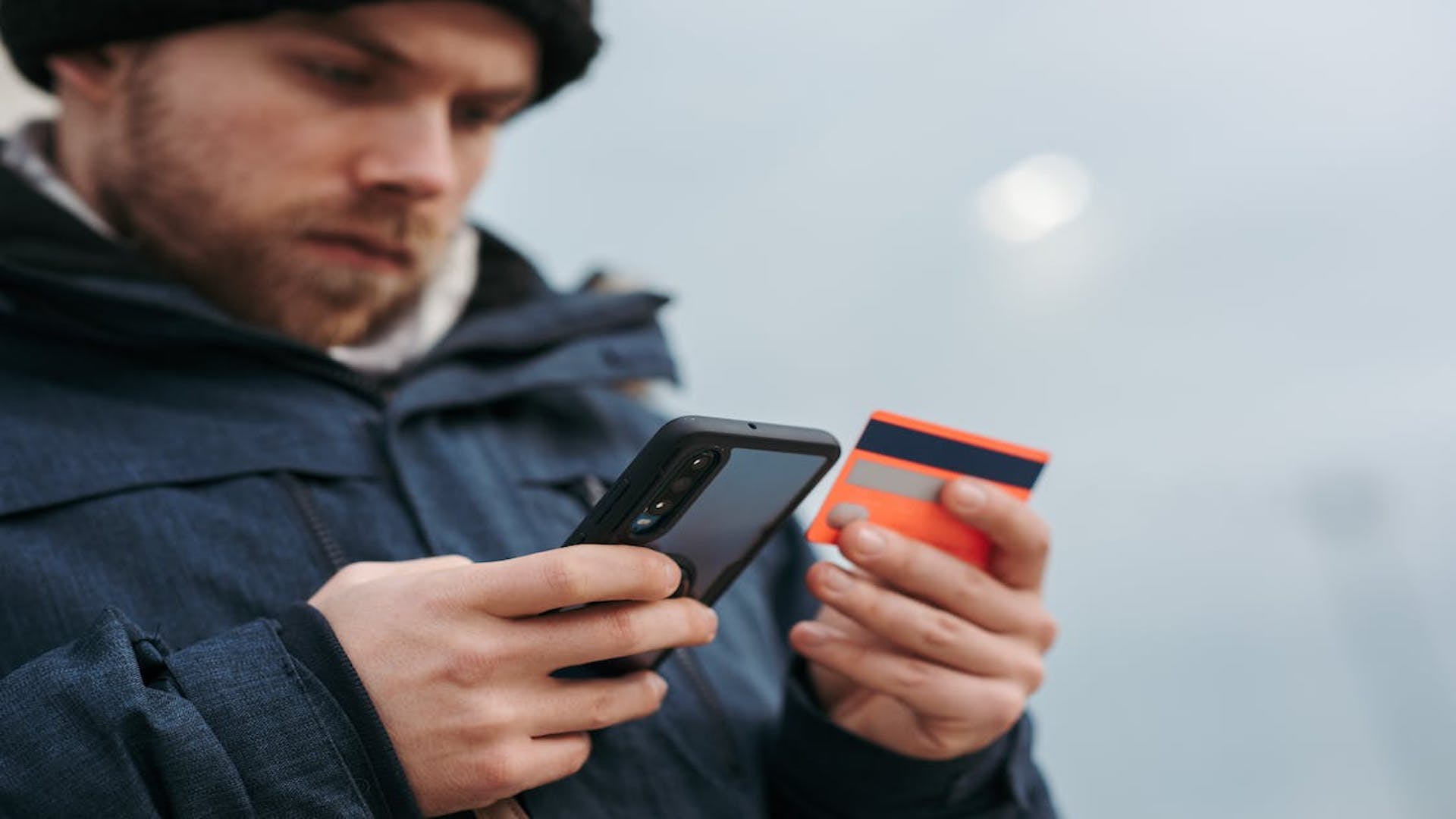In today’s digital era, ensuring the security of financial transactions and sensitive information is crucial. As we’ve already explored here at Tomorrow’s World Today, with the ever-changing world of technology, credit card fraud has become increasingly prevalent, posing significant risks to businesses and individuals alike. This article will explore the facts and statistics surrounding credit card fraud, delve into the experiences of its victims, and provide actionable insights on how to enhance digital security.
It will also discuss measures that can be taken to ensure credit card security at home and abroad. Understanding these aspects is key to safeguarding one’s financial well-being in a technology-driven world.
Fraud Facts and Statistics
Credit card fraud is a growing global issue, with many countries affected by its devastating economic impacts. As Moneyzine reports, the total losses from credit card fraud worldwide are projected to exceed $36 billion in 2023.
In the US alone, Security.org highlights that 44% of credit card users experienced at least two fraudulent charges in 2022. The financial costs associated with credit card fraud can be substantial for both businesses and consumers. For merchants, fraudulent transactions can lead to chargebacks, which are costs incurred when customers dispute charges on their cards or when banks refuse payments due to potential fraudulent activity.
Consumers also face significant financial loss if they become victims of fraud. They may have to pay fines and fees imposed by their banks or replace stolen cards altogether, further increasing their losses. Some other interesting statistics about credit card fraud are that more than two third of all global credit card fraud occurs in the US. However, on a per capita basis, it is Sweden that experiences the highest prevalence, at a rate of 133 incidents per 100,000 people, at least according to Gitnux.
How to Increase Digital Security
Even though credit card fraud is on the rise, there are a number of proactive security measures that can be taken. Card security features such as AVS, 3DS, and CVV can help protect financial transactions from fraudsters by verifying the identity of the cardholder. These types of features work by confirming the cardholder’s identity, as well as adding an extra layer of security.
Another important tool for detecting fraud before it occurs is risk scoring. This typically involves using heuristic rules that detect suspicious behavior in real time. A more advanced version of this, used by companies like SEON, is velocity rules. These create a threshold for how often certain transactions can be made within a given time period, alerting you if there are any attempts at excessive spending or multiple purchases in quick succession outside your usual pattern of activity.
Data enrichment is another useful security tool. It consists of techniques like device fingerprinting, where you can see if the user has connected using that same device in the past. IP analysis is another data enrichment technique where the connection the user is using is analyzed, as criminals will often spoof their location. This proactive approach can help identify the source of attempted frauds before they happen and allow companies to better monitor customer activity.

Victims of Credit Card Fraud
Credit card fraud is a serious crime that can have impactful consequences for its victims. The emotional and psychological impact on individuals who become victims of credit card fraud cannot be understated.
Victims often feel embarrassed and violated by the experience, which can lead to feelings of helplessness or hopelessness in trying to resolve the issue. Having one’s personal information compromised can cause lasting damage, too, as identity theft is often also associated with this type of crime.
If you find yourself victimized by credit card fraud, there are several steps you should take right away. Immediately contact your bank or credit card issuer, document all communication you have had regarding the incident, and freeze your account while the bank’s investigation takes place. You can also file a police report if it’s necessary, and then continue to monitor your accounts closely for any suspicious activity.
Financial institutions play an important role in supporting customers who are victims of credit card fraud, as well. Most banks, including the big ones like Bank Of America and Wells Fargo, provide resources such as dispute resolution, and they will also often reimburse the stolen funds, depending on the specific situation.

Credit Card Security at Home and Abroad
There are a few key steps you can take to ensure your information is kept safe, both at home and when you’re traveling abroad. When shopping online or accessing sensitive information over the internet, make sure the connection you’re using is secure. Look for the ‘https’ prefix in the URL of the website and check for a padlock icon next to it as an indication that it is secure.
Second, consider the risks associated with public Wi-Fi networks at places like your favorite coffee shop. These networks provide little protection from hackers who could access your data if you connect to them without taking additional precautions. Using tools such as virtual private networks (VPNs) from companies like Private Internet Access, or disabling sharing options on devices before connecting is a must when connecting to public Wi-Fi networks.
Protecting your physical cards from theft should also be considered carefully. This can include anything from keeping wallets out of sight in crowded places like airports and train stations to being aware of skimming devices that may be used by criminals to steal card details at ATMs.
Criminals frequently use RFID scanners as well, so it may also be worth looking into an RFID-blocking wallet for further protection. Contactless payments and virtual cards can also provide extra layers of protection against fraudsters since they use unique numbers instead of actual account numbers when making transactions — this makes them very difficult for criminals to exploit even in the event they become compromised.
Digital security is essential in preventing credit card fraud and reducing its financial impact on businesses and individuals. It is important for stakeholders to be both collaborative and proactive in their digital security efforts. Individuals should also keep this in mind when protecting their physical cards from theft, as well as taking extra precautions when traveling abroad. By taking a proactive approach to this issue, both businesses and individuals can greatly reduce their chances of getting caught up in credit card fraud.







